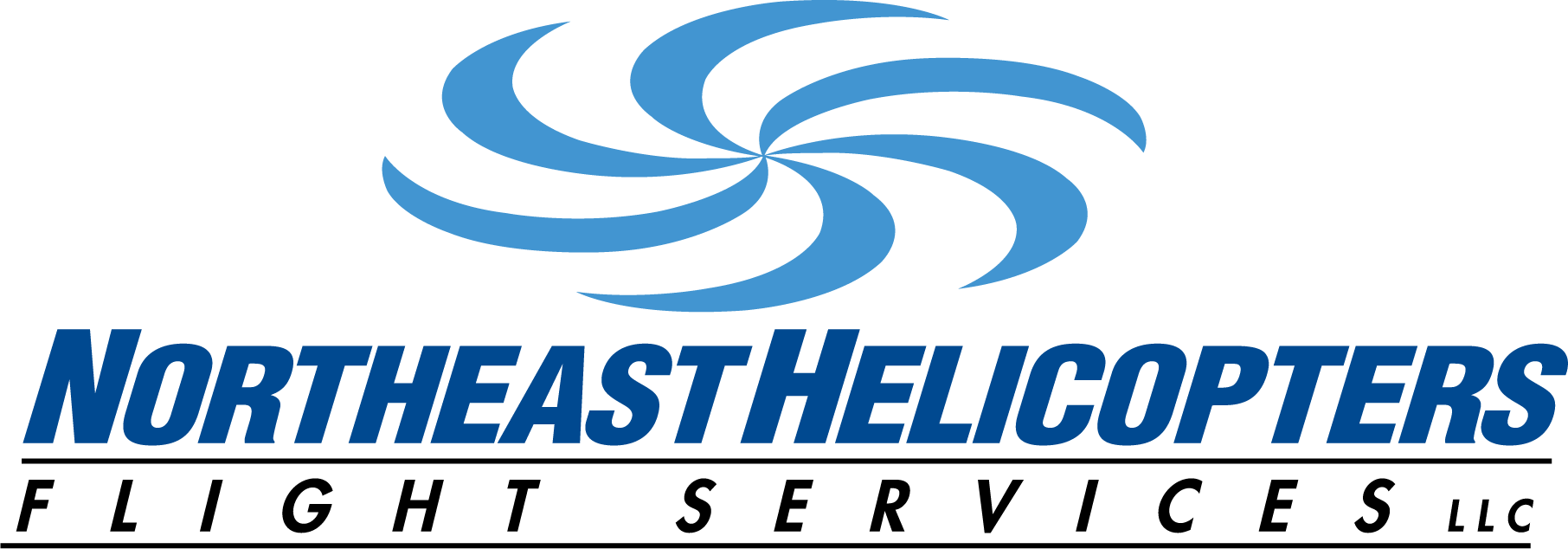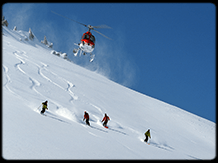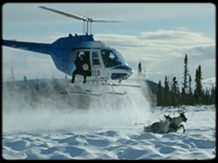Train Here
NEH has private classrooms for your one-on-one training.
If you need to relocate to train at NEH, we have lasting relationships with employers in the area for our students
We also have local housing for our students within a short driving distance from the school.
NEH has a full-service Maintenance Department and is a manufacturer-approved service center. Our Director of Maintenance is a factory-trained FAA Certificated A & P. All maintenance and overhauls are done at the school, which helps prevent scheduling issues and grounded aircraft/lost flights for our students.
State of the Art
All NEH Instructors are CFIIs. NEH has instrument training aircraft, equipped with state of the art GPS systems to handle your instrument training needs.
NEH offers several separate courses apart from the normal curriculum. These courses are included in the Pro-Trac program:
We offer a Pre-Flight/Maintenance Course: This course is a more in-depth look at the mechanical side of helicopters.
We offer a Safety Course: An overview of helicopter maneuvers along with the potential hazards and solutions to the hazards.
NEH students can also attend a Ditching Class: Our students will get a reduced rate on the Survival Systems Aircraft Survival Class. (This is not a part of the Pro-Trac Program.)
Give us a call about touring our facility and meeting the owners and staff. We would be happy to discuss your goals and training needs.
Pro-Trac
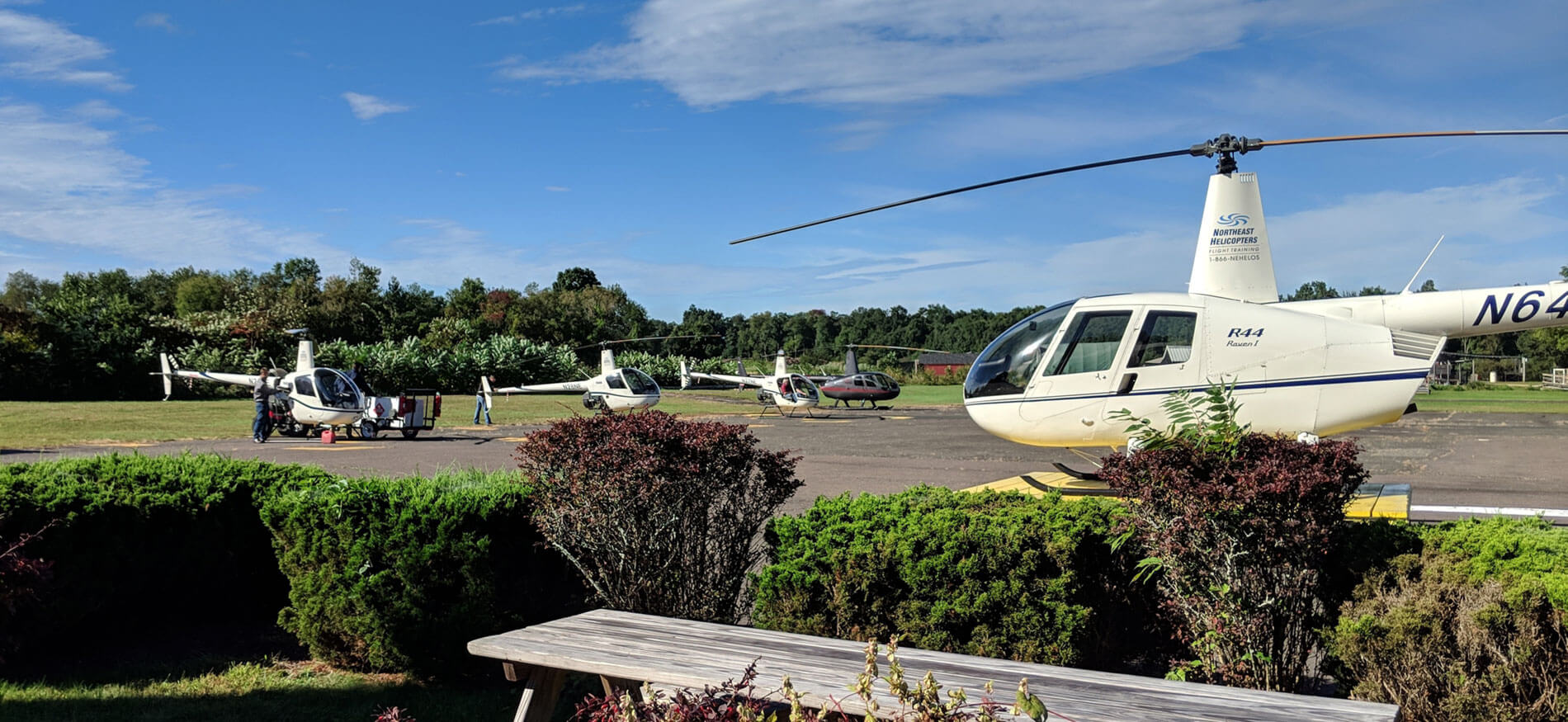
The Pro-Trac program encompasses five separate ratings and meets all FAA standards and minimums:
- Private Pilot Course
- Commercial Pilot Course
- Instrument Pilot Course
- Flight Instructor/Instrument Flight Instructor Course
- Add on Ratings
- ATP
Our program is the quickest way to begin your career as a professional pilot, and will save you thousands of dollars in your training.
This intensive course is tailored around the scheduling needs of our students, by working one-on-one with their instructors. The goal is to successfully train you to become a Professional Flight Instructor. Pro-Trac will sharpen your skills as a pilot and as an instructor, and will transform you into a safe and responsible pilot ready for the challenges of a career in aviation.
Throughout the program, you will be encouraged to take advantage of the knowledgeable pilots and staff. Questions are encouraged and the wise student will take advantage of this opportunity. As a Pro-Trac student you will want to gain the upper hand when you are seeking employment by being as informed as possible.
Helicopter operators today will often require 1,000 hours or more before you can fly for them. By successfully completing our Pro-Trac program, and then instructing, you will gain the expertise and skills necessary to seek employment.
At the completion of our Pro-Trac, you will have received quality flight training to a very high level of expertise. You may be asked to put that expertise to work and join the Northeast Helicopter family of CFI’s. As you develop flight time and experience, you will be challenged to a higher and higher degree.
Northeast Helicopters will provide you with the skills to take you as far as you desire to go…the sky‘s the limit!
As you continue to consider this career path, make certain you do careful and thorough research to help find a great Part 141 FAA approved school. While you are researching, our flight school interview guide can help ensure you’re asking all the right questions.
Private Pilot
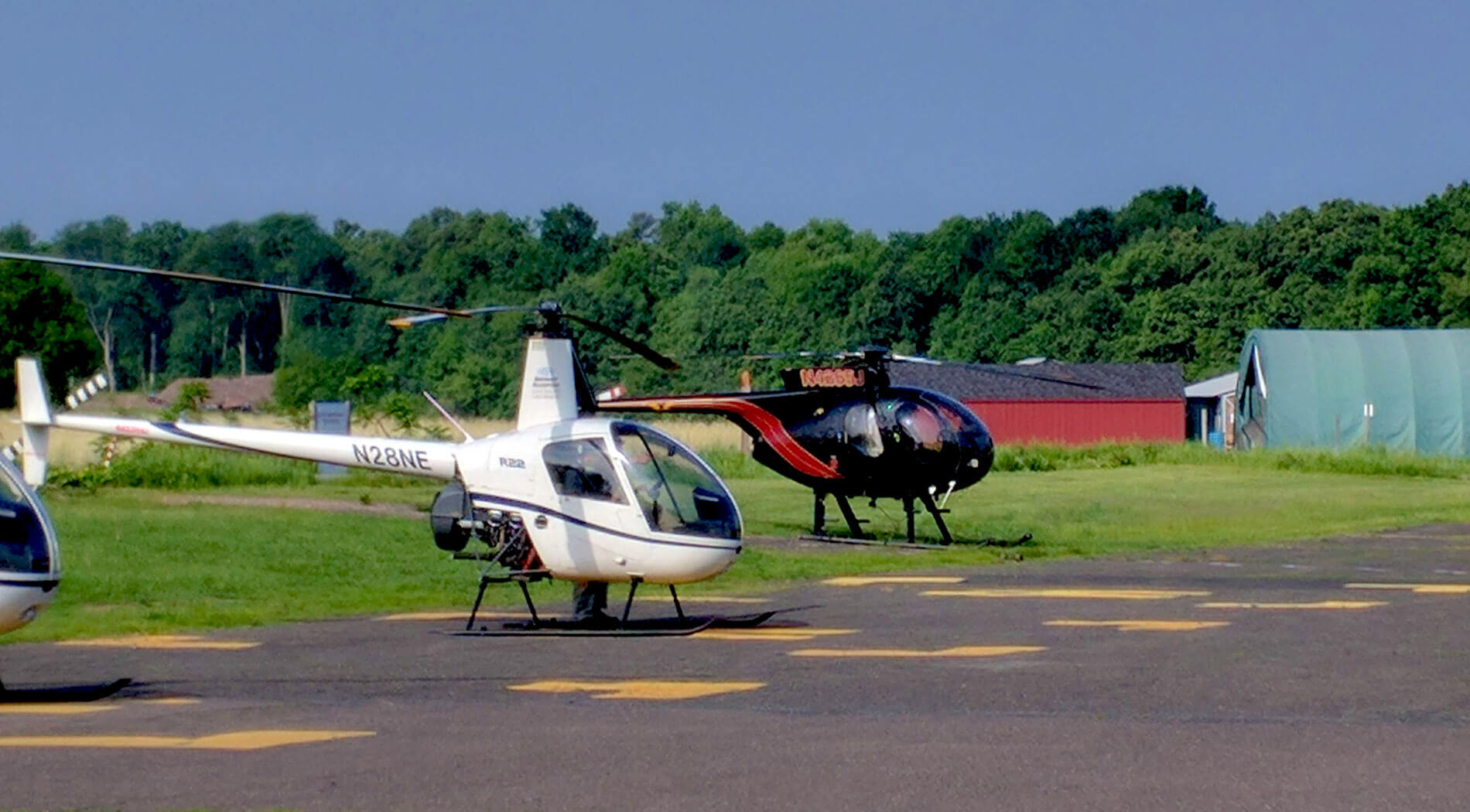
Our Private Pilot training course is your first step toward enjoying all the excitement and privileges of helicopter flying.
If you‘re going the professional route, it is also the initial stage in your career development. A pilot who holds a private certificate may take passengers flying, as long as they are not being paid to do so. This certificate is therefore also popular amongst pilots who want to own their own helicopter for personal use and enjoyment.
The course is a combination of flight and ground school designed to prepare you for the Private Pilot exam. As with all of our programs, training is conducted one-on-one with your instructor. At Northeast Helicopters, we feel that a knowledgeable pilot has the tools to operate an aircraft safely and competently. It is for this reason that our students are held to the highest of standards in the flight training industry.
The Private Pilot course will take the fledgling pilot through three different stages of training, each designed to build pilot confidence and skill levels.
The first stage will be your introduction to helicopter aerodynamics; the how and why of helicopter flight. Understanding what makes a helicopter fly will have great benefits as you take the controls of the helicopter.
A great deal of time is spent on how to perform a thorough pre-flight on the helicopter. Northeast Helicopters‘ owner, and a certificated A&P mechanic, believes the pre-flight to be an important step in helicopter flight training.
Your Stage 1 flight time will be devoted to learning how to control the aircraft, including basic maneuvers like hovering, approaches, departures, flying airport traffic patterns and communications with other aircraft. These will be the building blocks leading up to your first solo flight.
In Stage 2, you will continue to improve your skills in all the basic maneuvers while you gain proficiency outside the local airport area. You will learn how to properly plan for and fly cross-country flights, master the art of reading the weather, experience night flights and gain proficiency in handling emergency procedures.
Stage 3 rounds out your private pilot training as we help you hone your maneuvering, navigation, pilot rules and regulations and overall aviation knowledge to the level required by the private pilot practical test standards, a set criteria that the FAA publishes which all private pilots must meet in order to earn a certificate. This stage culminates with your FAA private pilot check ride, the day you will sit with one of our designated examiners. In order to gain your certificate, you will need to have passed a written exam, an oral exam and a flight test.
Instrument Rating
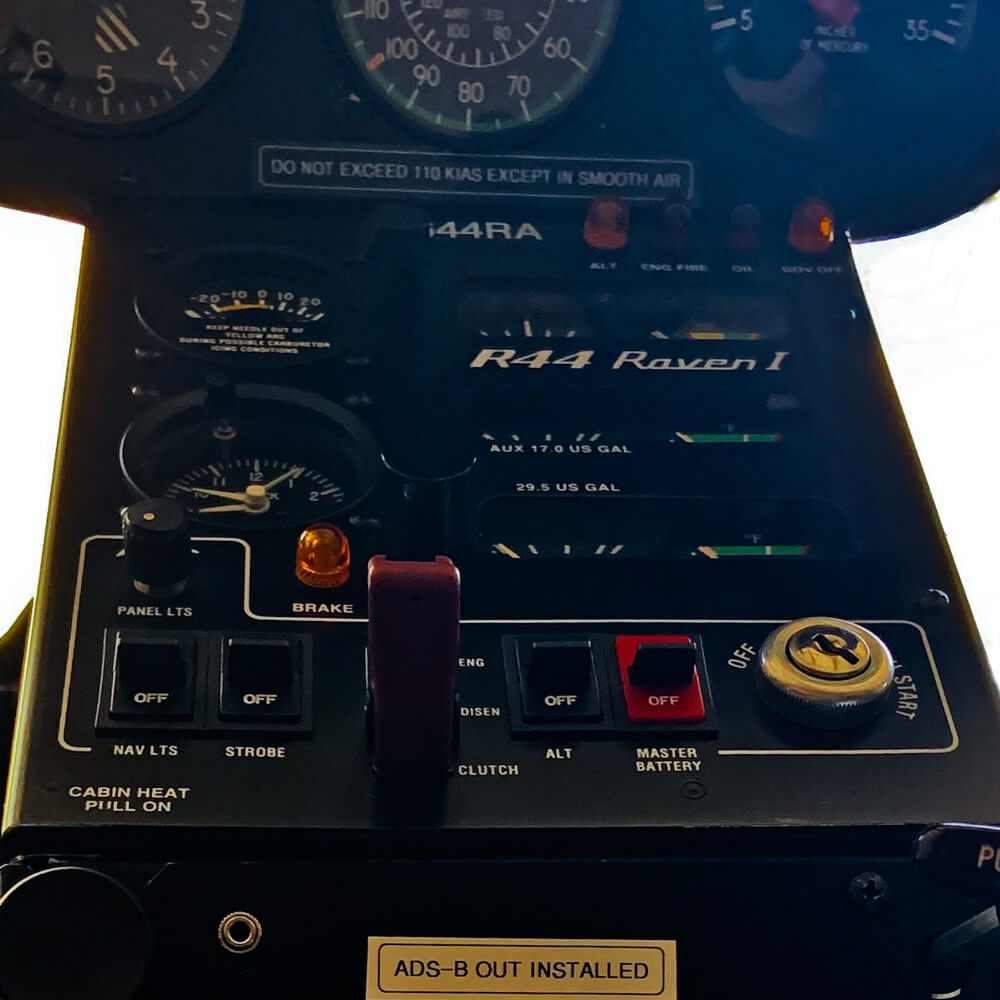
In fact, more and more employers are requiring an instrument rating as a prerequisite to helicopter pilot employment. At Northeast Helicopters, we have developed a FAA approved FAR Part 141 and Part 61 training program to meet the demanding needs in today‘s marketplace.
All flight and ground training is done one-on-one with your instructor, an essential way to make certain that you get undivided attention as you develop this important new skill of flying by instrument reference only. These skills will pay big dividends when you are seeking employment in the future.
We utilize our IFR training ships, which include a Robinson R22 and R44.
The instrument courses at Northeast Helicopters consist of three stages of instruction in instrument flight and instrument flight rules. To be eligible for the instrument rating, the student must hold a Private Pilots certificate and a medical certificate. Flight instruction and ground training are integrated into our FAA approved flight training syllabus and are taught concurrently.
All NEH flight instructors are Instrument rated, and have their CFII (Certificated Flight Instructor Instruments).
SIMULATOR HOURS
A quick word about simulator training
Although simulator training can be fun, it’s not the same as a real helicopter, and isn’t that why you wanted to be a pilot, to fly real helicopters?
At Northeast Helicopters we utilize a computer based simulator so that our students can become familiar with the use of instrumentation utilized during IFR flight.
This allows the student to become proficient at a fraction of the cost of both a full simulator or an actual helicopter.
In addition, to instruct in a Robinson R22 and to comply with SFAR 73 you will still need 200 hours of flight time. The simulator time cannot be counted towards the 200 hour requirement
Commercial Pilot
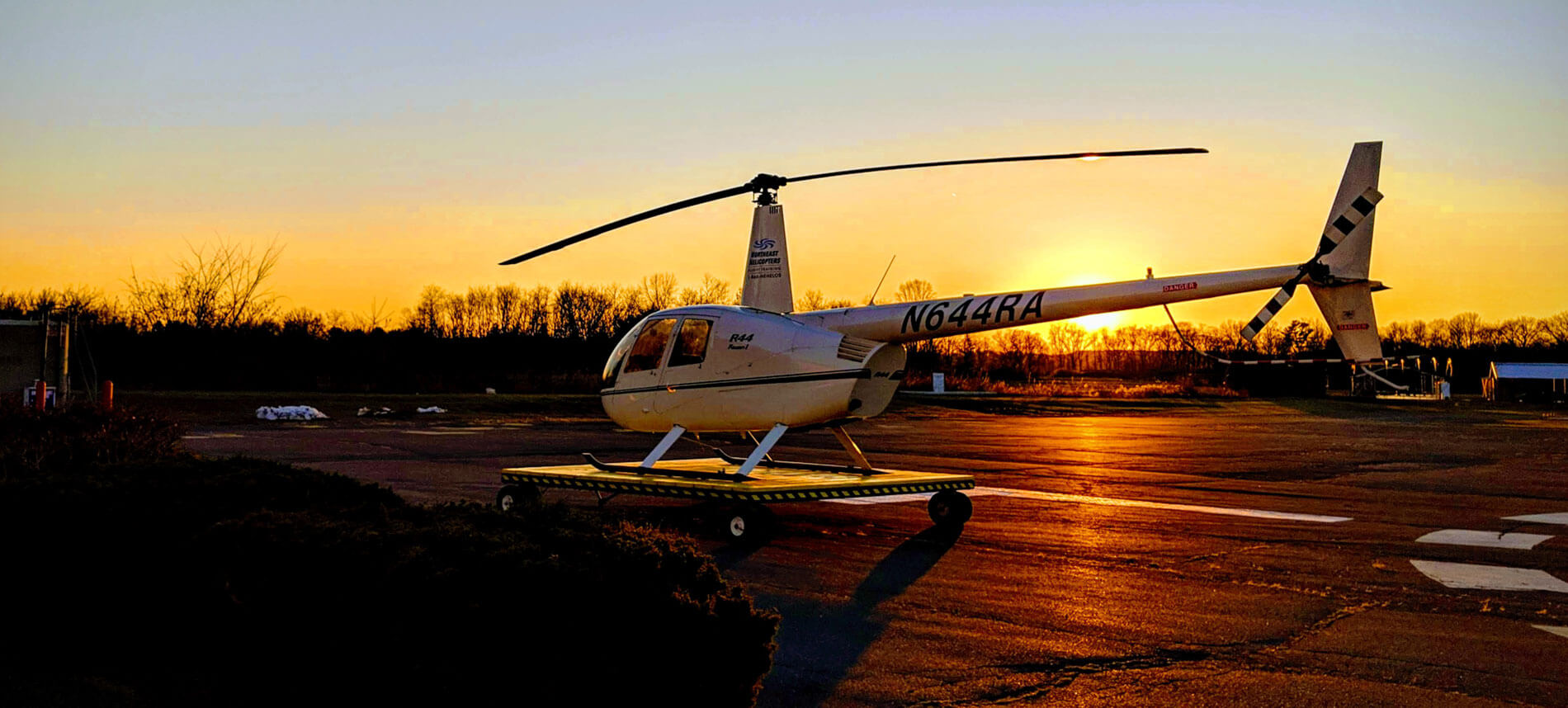
The commercial program is generally the next step after achieving your private pilot certificate. This phase of your training will build upon the basic skills learned thus far and take you to a higher skill level.
You will also master more advanced maneuvers typically found in commercial operations: confined areas, slope landings and additional emergency procedures.
Our extensive history of commercial helicopter services provides students with a wide variety of experience to learn from. Over the years, Northeast Helicopters has performed operations including helicopter logging, construction, power line and gas line patrols, photography, animal survey and animal capture.
Flight Instructor (CFI / CFII)
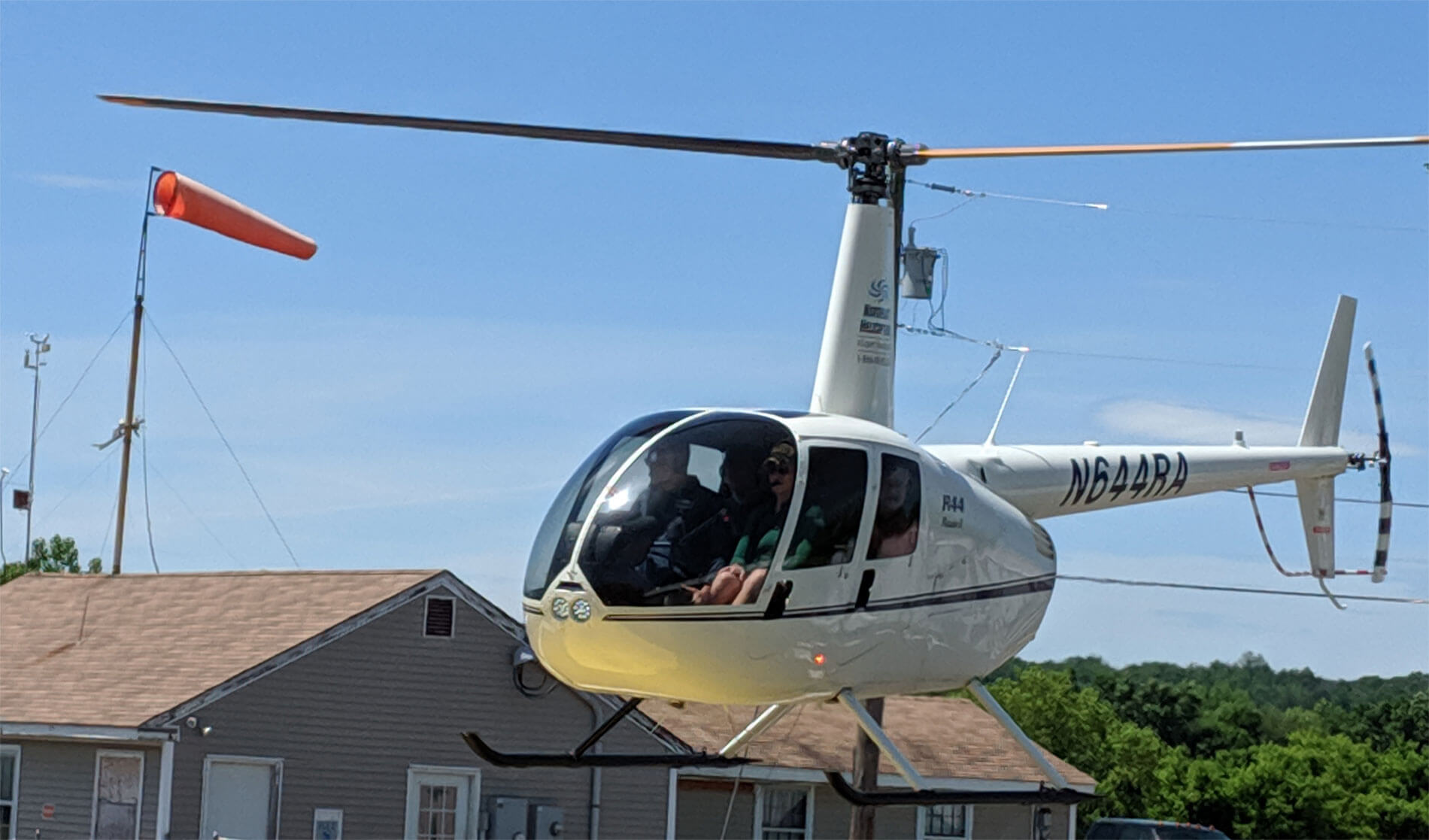
Our goal is to prepare you to meet our strict training and safety standards so that whether you join our team, or any other, you‘ll stand out as an NEH-trained flight instructor.
It is not enough that you are a competent commercial pilot, but you must also have a thorough understanding of how people learn and what motivates them as individuals. During this course, you will spend significant time preparing lesson plans and practicing instructional techniques while continuing to refine your skill as a pilot. You‘ll also master the art of the touch-down autorotation (commonly called a full-down).
It takes a great deal of practice to explain complex flight information in a way that is easy to understand. With careful guidance, your instructor will walk you through each lesson until you are confident in your abilities to teach. Think back to your first class and you will appreciate your instructor’s knowledge and patience. Your instructor will prepare you to perform with the same knowledge and patience so that your students will realize the same benefits that you came to appreciate.
CERTIFICATED FLIGHT INSTRUCTOR, INSTRUMENT
You are finally here! The last course. The emphasis of this course is to prepare the student for the additional rating of Certificated Instrument Instructor. This course is developed around helicopter IFR procedures and pilot decision making skills. The same procedures as the Certificated Flight Instructor Course apply, only in an instrument environment.
To be considered as a Northeast Helicopter Flight Instructor, the student must have their Instrument Flight Instructor Rating.
Add-On Ratings
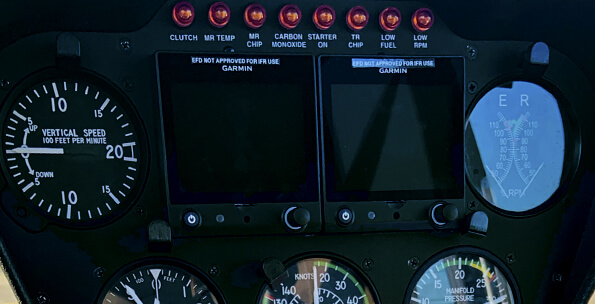
PRIVATE PILOT ADD-ON TRAINING PROGRAM:
The Private Pilot add-on training program will prepare the holder of an Airplane Private Pilot Certificate for the privileges of a helicopter rating. As with our Private Pilot training program, all instruction is done on a one-on-one basis with our certificated instructors. We offer flexible scheduling seven days a week in an effort to help you achieve your flying goals.
INSTRUMENT ADD-ON TRAINING PROGRAM:
The Instrument Add-On Training Program will prepare the holder of an Airplane Instrument rating and Helicopter Pilot Certificate for the additional rating of Helicopter/Instrument.
COMMERCIAL PILOT ADD-ON TRAINING PROGRAM:
The Commercial Pilot add-On Training Program will prepare the holder of an Airplane Commercial Certificate for the privileges of a helicopter rating. As with our Commercial Pilot Training Program, all instruction is done on a one-on-one basis with our certificated instructors.
DID YOU KNOW?
This process works both ways, that means that if you don’t have an airplane certificate, once you have your helicopter certificate, you would be eligible to get an airplane certificate at the reduced add-on minimums. Want to fly the company president from Hartford to New York in the helicopter and then from New York to Paris in the Global Business Jet? Dual rated pilots can definitely expand their career potential, and when you’re ready, we can recommend some great places to add-on an airplane rating too.
ATP
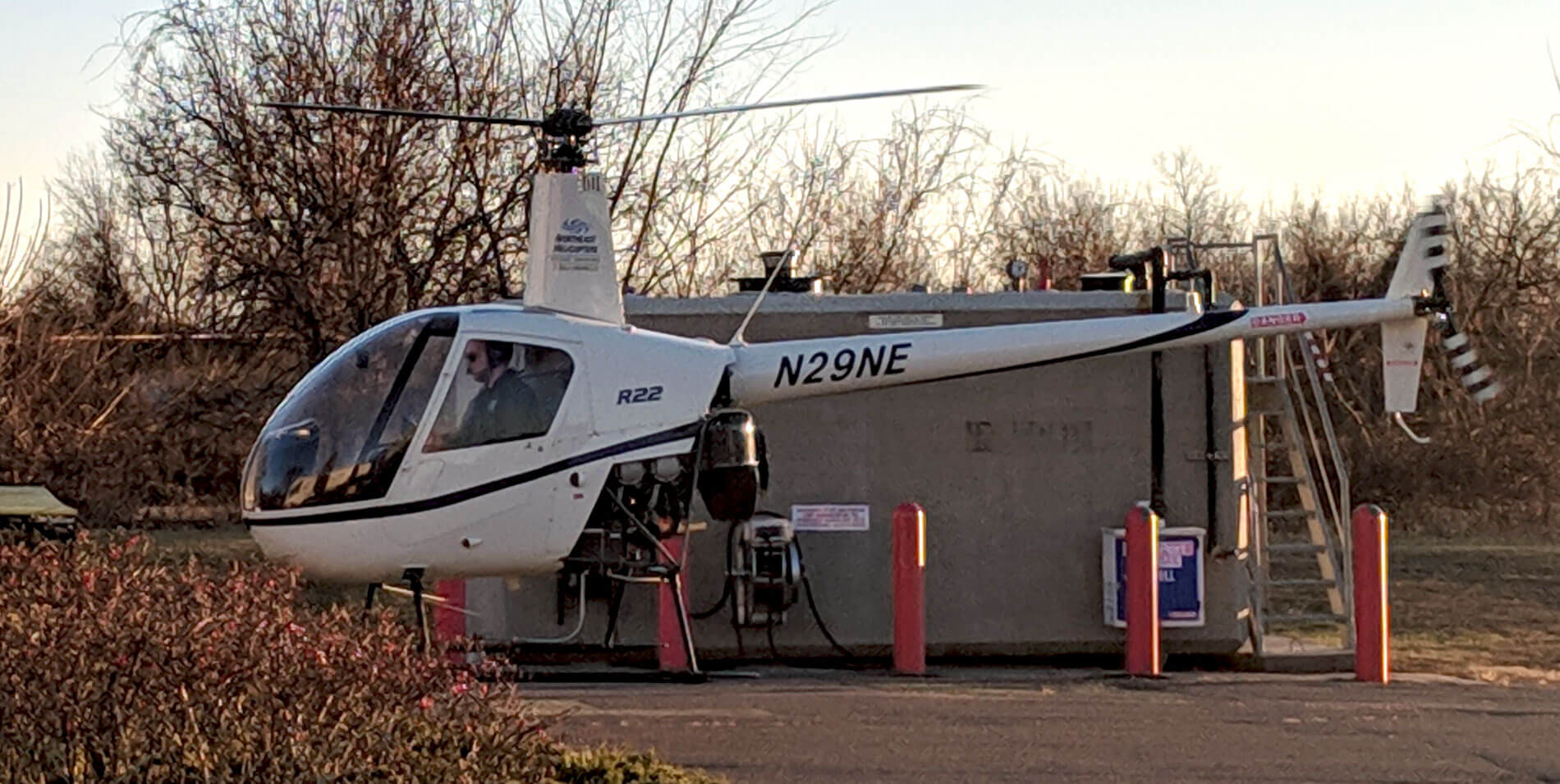
This is the highest certification level a helicopter pilot can achieve. The ATP Course is designed to give the student the aeronautical skill and experience necessary to meet the requirements of the ATP certificate and operate safely as an airline transport pilot.
Prior to enrolling in the ATP Course a student must:
- Hold a Commercial Pilot Certificate and an Instrument Rating or
- Meet military experience requirements of 61.73 or
- Hold a foreign ATP issued under a contracting state to the convention on International Civil Action.
- Hold a foreign Commercial pilot certificate and an Instrument Rating issued under a contracting state to the
convention on International Civil Action. - Have 1200 hours total time
- 500 hours cross-country
- 100 hours night (15 hours in Helicopters)
- 200 hours helicopters (75 hours pilot in command)
- 75 hours Instrument (50 hours in flight (25 hours helicopter pilot in command))
Our ATP course is tailored to match each individual applicant‘s unique experiences in the industry. Please contact the school and ask for the Chief Pilot who will help you customize your ATP program accordingly.
